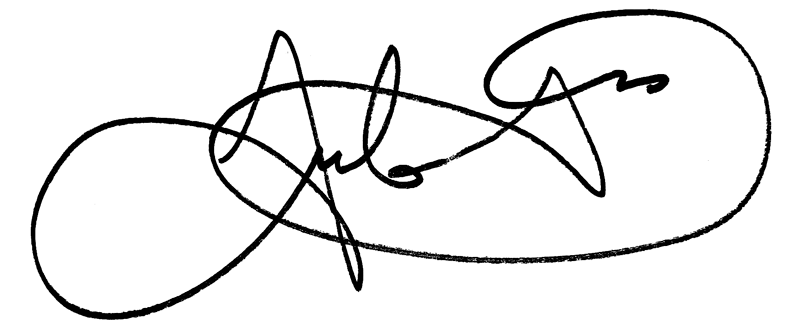Government Affairs Committee CharterA. Purpose Of The Government Affairs CommitteePrimary FunctionsThe primary function of the Government Affairs Committee (GAC) of the American College of Physician Advisors is to manage the government and regulatory outreach initiatives. The GAC will monitor and review nationwide regulations, legislation, and the public policy issues impacting our service, and track the status of issues pertinent to ACPA as an organization. A secondary function of the GAC is to monitor and report published comments on nationwide regulations, legislation and public policy by other bodies such as the American Hospital Association to inform ACPA members of parallel work and look for opportunities to leverage influence. The Committee will also provide oversight for the roll-out of project deliverables associated with these activities, to disseminate materials and updates to our members. The GAC provides a stabilizing influence so that organizational concepts and directions are designed and implemented according to a path-forward vision. The GAC provides insight into long-term strategies, in support of legislative mandates. Members of the Committee ensure that business objectives are being adequately addressed and that the projects remain under control. In practice, these responsibilities are carried out through the following tasks:
The GAC will report to the ACPA Board of Directors. B. GAC MembersMembershipIn addition to the Committee Sponsor (ACPA President) as ex-officio member, the GAC will consist of the following stakeholders:
Stakeholders will be identified by the Committee Co-Chairs to direct specific projects at the time of consent. Committee members may be appointed or relieved at the discretion of the Committee Chair. The Committee Co-Chairs are appointed or relieved at the discretion of the ACPA Board of Directors. Role of a Committee MemberIt is intended that the team will leverage the experiences, expertise, and insight of key members, from diverse organizations and backgrounds, committed to building professionalism in ACPA’s Government Affairs Committee. While a member may be asked to take direct responsibility for managing project activities, all members will also be asked to provide support and guidance to those projects that are spearheaded by his or her peers. Thus, individually, Committee members should:
In practice, this means that members will:
C. Meeting Cadence, Process, and ObjectivesSchedule and ProcessThe Committee will meet monthly, the third Tuesday of the month at 7:00 pm, or as required, to track the issues and the progress relevant to the Committee, and ultimately, to provide on-going nationwide support to ACPA Members. The GAC Chair, or designee, will call the Committee to order and will facilitate the meeting. The team will follow modified Roberts Rules of Order in the conduct of meetings, motions, discussion, and voting. Meeting AgendaAt each meeting, project status will be reported to the team, by the Project Manager, utilizing an agenda outline such as the following:
Approved By:  Carolyn Dutton, MD, FACEP, FACP, CHCQM-PHYADV  Juliet B. Ugarte Hopkins, MD, CHCQM-PHYADV |

